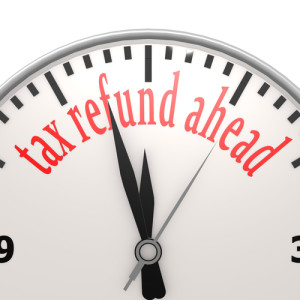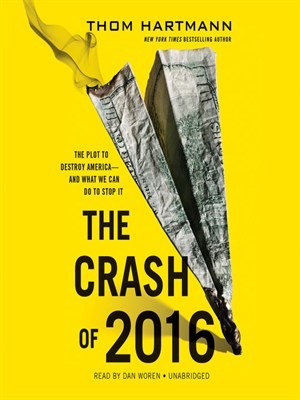By Adrian Mastracci, KCM Wealth
Special to the Financial Independence Hub
Let’s examine some wise ways to apply your tax refund in 2016. There are no shortages of sound possibilities for the personal finances.
Everyone can reap value from these practices. For example, refunds can be spent, saved and invested.
First park the refund into a saving account to resist impulse, say for 30 days.It gives you time to reflect and evaluate your needs and options. Try your best to get lasting value from this worthy source of cash. Many of the allocations you make are typically not reversible.
Here are 20 sensible ideas dealing with your tax refund: Continue Reading…






